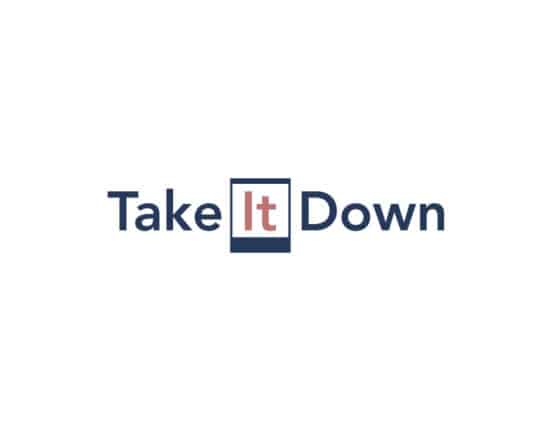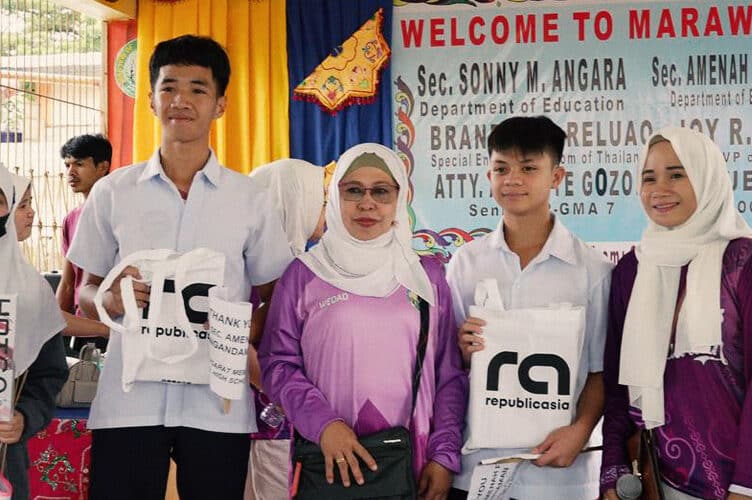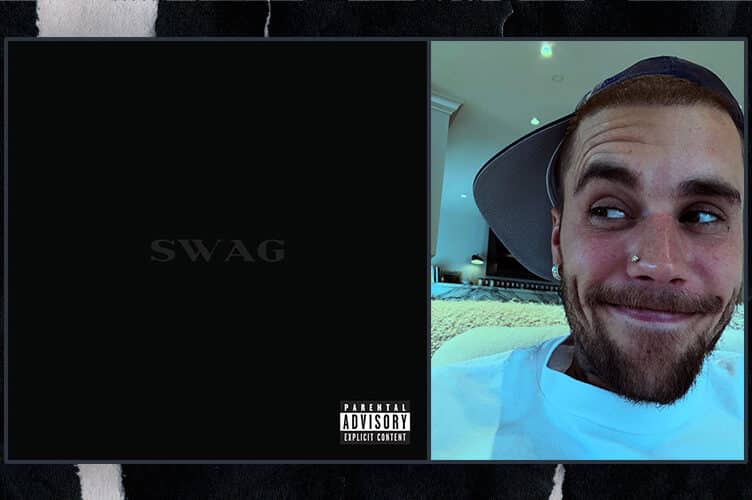SOCIAL media giants Facebook and Instagram have teamed up with Pornhub and Only Fans to create a new platform that would protect children from predators who may use their intimate images in illicit pornographic or sex trafficking activities.
The platform is called Take It Down, established by the United States’ National Center for Missing & Exploited Children (NCMEC).
Meta, the parent company of Facebook and Instagram, French social networking app Yubo, Pornhub, and OnlyFans, are the founding members.
Antigone Davis, Global Head of Safety for Meta, said having intimate images of children online is stressful for the youth and could open them up to abuse.
“Having a personal intimate image shared with others can be scary and overwhelming, especially for young people. It can feel even worse when someone tries to use those images as a threat for additional images, sexual contact or money — a crime known as sextortion,” Davis said in a statement.
How does it work?
Take It Down is a service that will help minors remove their online nude, partially nude, or sexually explicit photos and videos filmed before the age 18.
Davis said people with intimate images of them taken as minors may go to TakeItDown.NCMEC.org and follow the instructions to submit a case. It will then search for the pictures in participating applications.
Take It Down will assign a unique hash value or numerical code to their image or video privately and directly from their device. This will turn the images or videos into a coded form that cannot be viewed.
SUGGESTED STORIES:
Pay It Forward: A Signal of Hope from the Heart of Ground Zero
IN MAY 2017, Marawi City descended into turmoil. Clashes broke.
Pay IT Forward Brings Digital Tools to Marawi Students
KEEPING in line with the order of President Ferdinand R..
Justin Bieber returns with ‘Swag’
CANADIAN singer Justin Bieber made a surprise comeback to the.
They would then only have to submit the hash to the NCMEC instead of their actual photo and video, thus allowing them to maintain their privacy and security. They also won’t need to share personal information to create a hash for the images.
According to Davis, Meta would use this hash to find any copies of the image. Then, Meta would take down the photos and prevent the content from being posted on apps in the future.
Who can use it?
Young people, parents or trusted adults on behalf of a young person, and adults worried about images taken of them when they were under 18 could use the new platform.
This service is open to anyone anywhere in the world under 18 when images of them nude, partially nude, or in a sexually explicit situation are taken and shared online.
They do not have to be in the United States to use this service, as it is open to anybody worldwide. But they must have the image or video on their device.
The sharing of nude, partially nude or sexually explicit images or videos of somebody under 18 years old could be considered child sexual abuse material or child pornography.
But there are limitations to this service, according to Take It Down.
It said participating online platforms will be able to scan for images or videos on public or unencrypted services, but it said this will not prevent content from being uploaded on other sites.
Online platforms may also have limited capabilities to remove content posted in the past.
Meta’s role
Meta said it provided financial support to design Take It Down, and it is working with the NCMEC to promote it across its platforms.
It is also integrating it into Facebook and Instagram to make it more accessible to people.
“Meta doesn’t allow content or behavior that exploits young people, including the posting of intimate images or sextortion activities. We work to prevent this content as well as inappropriate interactions between young people and suspicious accounts attempting to take advantage of them,” said Davis.
Putting a stop to online child sexual exploitation and abuse
Online child sexual exploitation and abuse is a significant problem in the Philippines.
A 2022 report by Unicef found an estimated two million children in the Philippines subjected to online sexual abuse and exploitation in the past year alone.
It found that 20 percent of children between the ages of 12 and 17 who use the internet had experienced online sexual exploitation and abuse.
republicasia published a series of reports about this problem in connection with the proliferation of sexual content on social media.
Read related stories here:
Pinoy Kids: No. 1 Target of Pedos
‘Nanay Bugaw’ Creates her Own Network with Kids as Recruiters
‘Nanay, ‘Wag Po!’ Mother Sells Child for Online Sex
Your Child may be an Online Sex Abuse Victim, too!
How useful was this post?
Click on a star to rate it!
Average rating 0 / 5. Vote count: 0
No votes so far! Be the first to rate this post.
We are sorry that this post was not useful for you!
Let us improve this post!
Tell us how we can improve this post?








